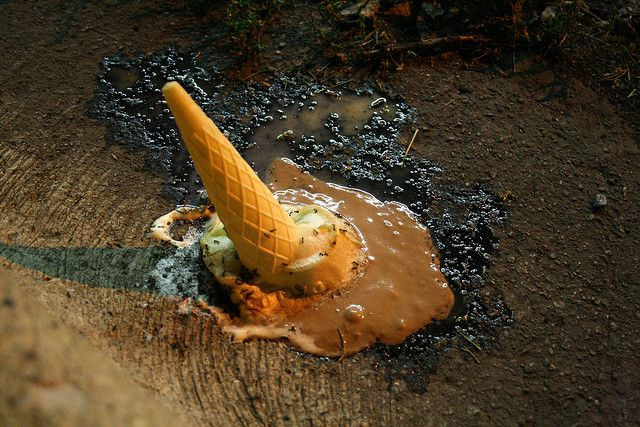The Science Of Being Grossed Out: 'Disgustologists' Examine The Social And Biological Importance of Disgust, Revulsion

Though long overlooked in mainstream academic inquiry, disgust and revulsion may have significant bearing on the way we live our lives – at least if you trust Valerie Curtis, a self-described “disgustologist” whose work centers on human reactions to vomit, pus, urine, and putrid flesh. The doctor of anthropology belongs to a growing group of scientists who believe that a general theory of disgust will shed important light on everything from society and adaptation to survival and reproduction.
"I've been trying to understand disgust for 30 years, and what I've found is that people the world over are all disgusted by similar things: body products, food that has gone off, sexual fluids - which, with a few exceptions, we don't tend share with other people - bad manners and immoral behavior," she said, speaking to Reuters. "People are disgusted by things without even realizing it. It influences our lives in so many subtle ways, and it's really important that we understand how great that influence is."
Curtis’ research attempts to generalize this "forgotten emotion of psychiatry" by taking a step back and viewing it in the context of evolution. In her upcoming book Don’t Look, Don’t Touch, Dont Eat, she submits her Parasite Avoidance Theory (PAT) – the hypothesis that all disgust originates in the same basic defense mechanism. Curtis argues that revulsion is essentially a biological utility that has evolved to instill a “healthy squeamishness” in humans. Just like fear tells us to run away from natural threats, disgust makes us avoid disease sources like body fluids and spoiled food.
"Disgust is an organ – like an eye or an ear. It has a purpose, it's there for a reason," she explained. "Just like a leg gets you from A to B, disgust tells you which things you are safe to pick up and which things you shouldn't touch.
"Disease is something that will eat us up from inside – and what's important is that disgust keeps you away from them,” she added.
Besides illuminating the evolutionary underpinnings of social phenomena like manners and ethics, a more sophisticated understanding of disgust and revulsion could help humanity overcome a variety of future problems. For example, although the United Nations (UN) suggests that raising insects for food would effectively put an end to world hunger, most people still cringe at the thought of eating bugs. A solid theory of these intuitive emotions would perhaps help people realize that partial entomophagy is perfectly fine.



























